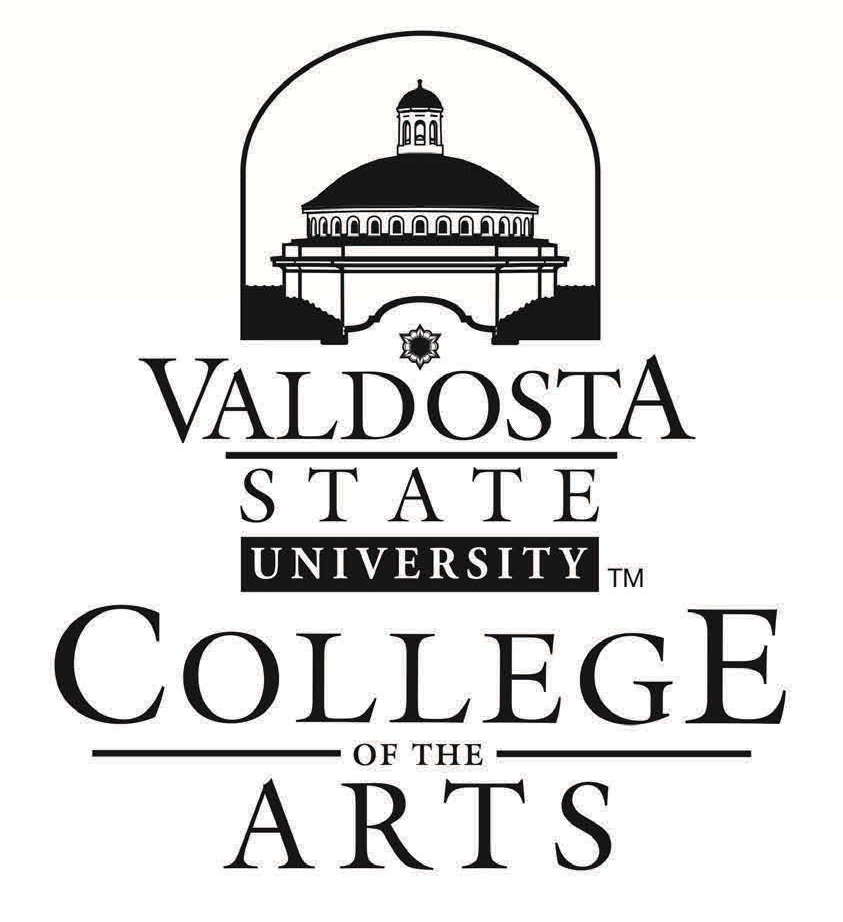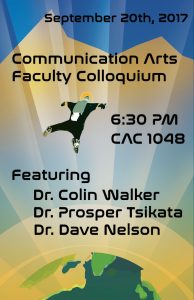Date: September 20, 2017
Time: 6:30 PM
Place: CAC 1046
Dr. Colin Walker
Phenomenological Study of Student Veterans’ Acculturation to Higher Education
Dr. Colin Walker will discuss his work relating to the transition and experiences of student veterans from the military to the higher education and how he is using his research in grant writing projects.
Dr. Prosper Y Tsikata
An analysis of Ghana’s 4th Republican journey from the performance Change Theory: The National Democratic Congress versus the New Patriotic Party Experiments.
Unlike many of her Sub-regional and regional African neighbors, Ghana has been able to transfer political power from one political party to another peacefully since the birth of its 4th Republic, making her a bastion of democracy in a region of instability. To understand the interparty and the intraparty dynamics of this attainment, this paper reviews selected landmark events in the political ecology of Ghana in which the National Democratic Congress (NDC) and the New Patriotic Party (NPP) are the dominant players.
Driven by performance change theory, this paper views defeat as the mother of change in the political organization and strategies of the NDC and the NPP as they rub-off each other in the political marketplace. The paper argues that in this marketplace, election results are definitive statements of how these two parties fare. In this regard, poll data and research reports subordinate election results.
Dr. Dave Nelson
Beyond the Seven Dirty Words: The Battle of Political Correctness on College Campuses and Stand-Up Comedy.
Stand-up comedy is considered an art form where no topic is sacred as long as the comedian can make it funny. When Jerry Seinfeld was asked if political correctness is hurting comedy, Seinfeld responded with a resounding yes and noted this is problem at colleges and universities for comedians. His response created a large amount of criticism and support throughout digital world. The rhetorical actions of both parties rely on scapegoating each other for a range of reasons. This study will examine his comments as well as an open letter written to Seinfeld from a college student posted on huffigntonpost.com through an invitational perspective to understand both the culture of stand-up comedy, colleges, and universities, competing principles rhetoric that is used to understand cultural and ideological differences.

